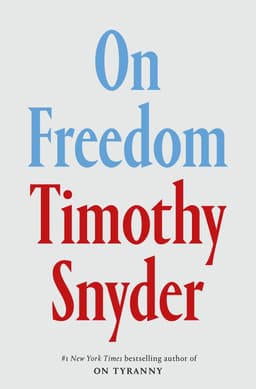
On Freedom Book Summary
Book by Timothy Snyder
Want to read the full summary?Click here to read for free!
Summary
In "On Freedom," Timothy Snyder argues that true freedom is not simply the absence of barriers, but the positive presence of the conditions and capabilities that allow individuals to make meaningful choices, realized through the five interdependent forms of sovereignty, unpredictability, mobility, factuality, and solidarity.
Sign in to rate
Average Rating: 1
These are the best quotes from On Freedom by Timothy Snyder. If you want to read a full summary of this book for free, click here.
Seeing Others' Humanity
"We have to see the bodies of others as subjects, because otherwise we cannot see ourselves as subjects. And if we fail to do that, we cannot be free."
Section: 1, Chapter: 1
Recognizing the Sources of Predictability
"To throw our weight in that direction, to become free, we have to recognize the sources of predictability and our vulnerability to them."
Section: 1, Chapter: 2
The Tragic Echoes of Postimperial Immobility
"Postimperial immobility summoned a tragic echo of the age of imperial mobility. Where once prison inmates were forced to work, now they are forced to do nothing. Where once disease was a tool of empire, now drugs have become a means of self-oppression. Where once guns allowed men to tame a frontier, now they are instruments of self-annihilation."
Section: 1, Chapter: 3
Freedom's Ambition Is Never Complete - But Always Worth Pursuing
The author visits a recently liberated village in Ukraine, where an old woman named Mariia shows him the hardships she has endured under Russian occupation. He reflects:
"The Ukrainian word de-occupation, which she and I are using in conversation, is more precise than the conventional liberation. It invites us to consider what, beyond the removal of oppression, we might need for liberty. It takes work, after all, to get one older woman into a position where she can greet guests and perform the normal interactions of a dignified person. I have trouble imagining Mariia being truly free without a proper house with a chair and without a clear path to the road for her walker.
Freedom is not just an absence of evil but a presence of good."
Section: 1, Chapter: 5
Related Content
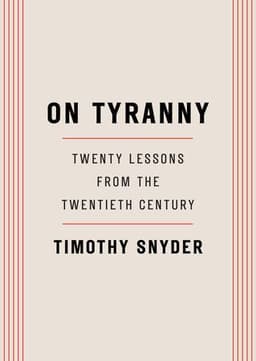
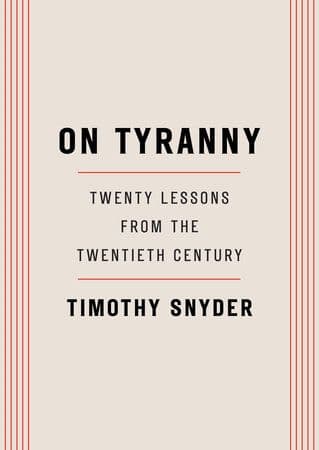
On Tyranny Book Summary
Timothy Snyder
In "On Tyranny," Timothy Snyder draws urgent lessons from the 20th century's bitter experience with tyranny to equip ordinary citizens today with the tools to recognize encroaching authoritarianism and fight back before it's too late.
In "On Tyranny," Timothy Snyder draws urgent lessons from the 20th century's bitter experience with tyranny to equip ordinary citizens today with the tools to recognize encroaching authoritarianism and fight back before it's too late.
History
Politics
Philosophy
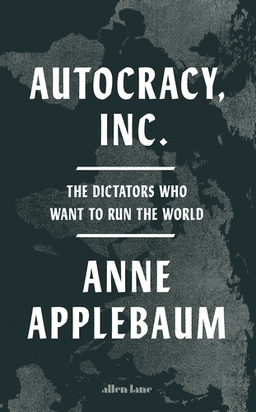
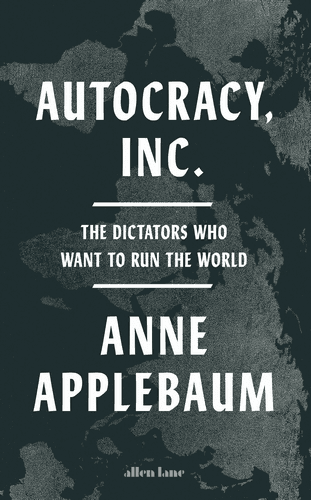
Autocracy, Inc. Book Summary
Anne Applebaum
In "Autocracy, Inc.," Anne Applebaum exposes the global web of dictators and their enablers who have formed a corrupt, mutually-supporting network to undermine democracy, repress their citizens, and rewrite the rules of international politics in their favor.
In "Autocracy, Inc.," Anne Applebaum exposes the global web of dictators and their enablers who have formed a corrupt, mutually-supporting network to undermine democracy, repress their citizens, and rewrite the rules of international politics in their favor.
History
Society
Politics
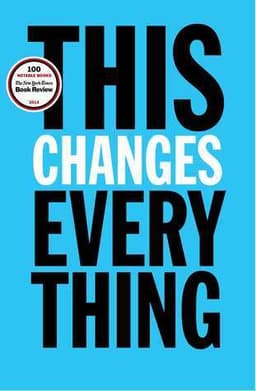
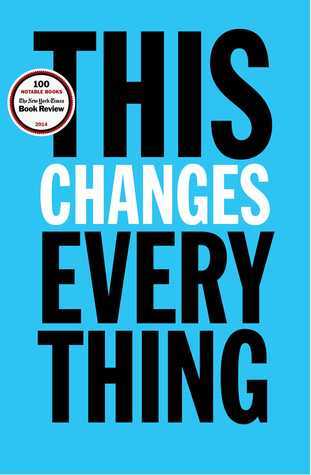
This Changes Everything Book Summary
Naomi Klein
In "This Changes Everything," Naomi Klein argues that the climate crisis challenges us to abandon the core "free market" ideology of our time, restructure the global economy, and remake our political systems - and that in the process, we have the chance to create a safer and more just world.
In "This Changes Everything," Naomi Klein argues that the climate crisis challenges us to abandon the core "free market" ideology of our time, restructure the global economy, and remake our political systems - and that in the process, we have the chance to create a safer and more just world.
Sustainability
Climate Change
Economics
Politics

